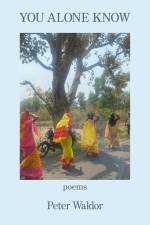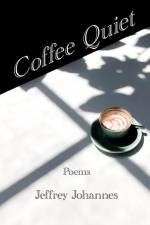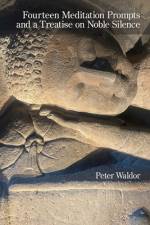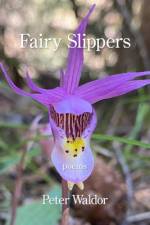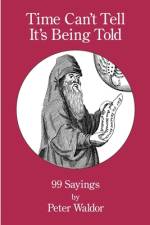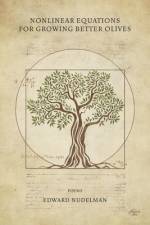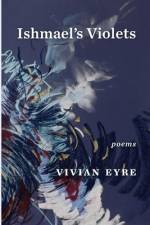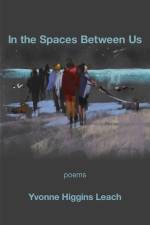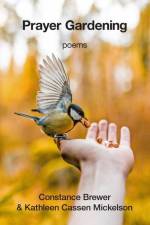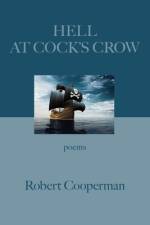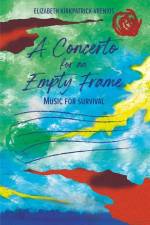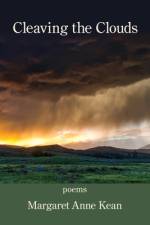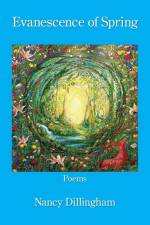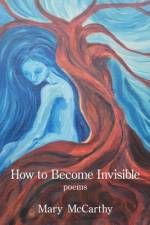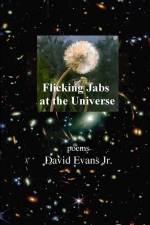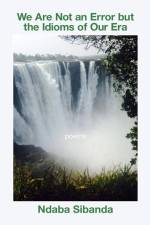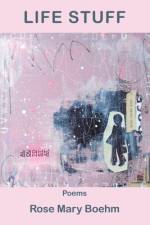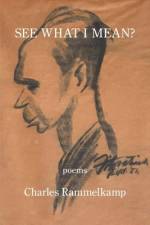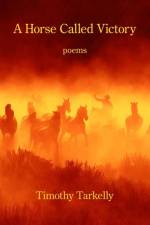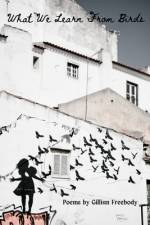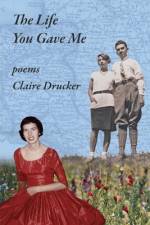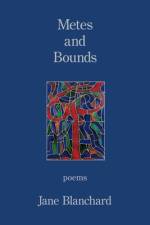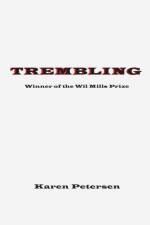av Rose Mary Boehm
327
This brilliant collection speaks candidly about living in the final stretch of one's time. Rose writes about aging, the pending inevitable, the changing world, friendship and family, the meaning of home. She meanders down memory lane, from Peru to Paris to Spain to Germany. These gorgeous poems speak about regrets and losses with rare honesty. In a way, this collection from a prolific and gifted writer is her love letter to us, something for us to keep, to keep her close. This is a writer who knows that the darkness and most painful parts of life hold as much wealth as the sweetest. And this is her magnum opus.-Lorette C. Luzajic, editor, The Ekphrastic Review, author, The Rope Artist, Winter in JuneIn Life Stuff Boehm shows the reader a life full of movement and experience, a life in which she has been "showered with riches" and "hurt beyond measure." She shows us war from the wide-eyed perspective of an observant child who doesn't fully see the deprivations brought on by war. Her world "smells of summer and wounded earth." Later, the poet wonders whether the future will remember us, whether "the mountains still echo our voices...water... remember our form...air (which) formerly made room for us." These are poems of someone who faces the future with the same curious eyes that observed the painful and beautiful world of her childhood.-Tamara Madison, author of Along the Fault Line and Morpheus Dips His Oar tamaramadisonpoetry.comRose Mary Boehm's Life Stuff is, literally, a summing up of a long, productive, often peripatetic life. From surviving WWII in Germany to a first marriage and a move to the UK, and later a relocation to Peru, her poems span decades of experiences most of us can only imagine. At one point she promises not to burden her children with stories unless they ask. They must have asked because here they are as poems and what a tale they tell!-Alan Catlin, author of How Will the Heart EndureLife Stuff-a fitting title for Boehm, who's a great hoarder of life. Leaving behind the terror, uncertainty, and hunger of her childhood in Nazi Germany, Boehm forged a new life in a new country with a new language, culture, geography, and climate again, again, and again. She embraces the best of each life, learns from the worst, and distills it to share with readers. We should all take her advice to "Sing, dance, drink, write poetry, weave... /Make God think that He did well. /Anything to prevent Him from thinking/ He must start all over again."-Alarie Tennille, author of Three A.M. at the Museum


